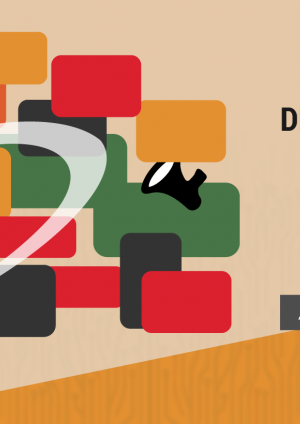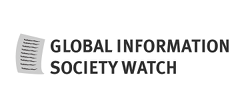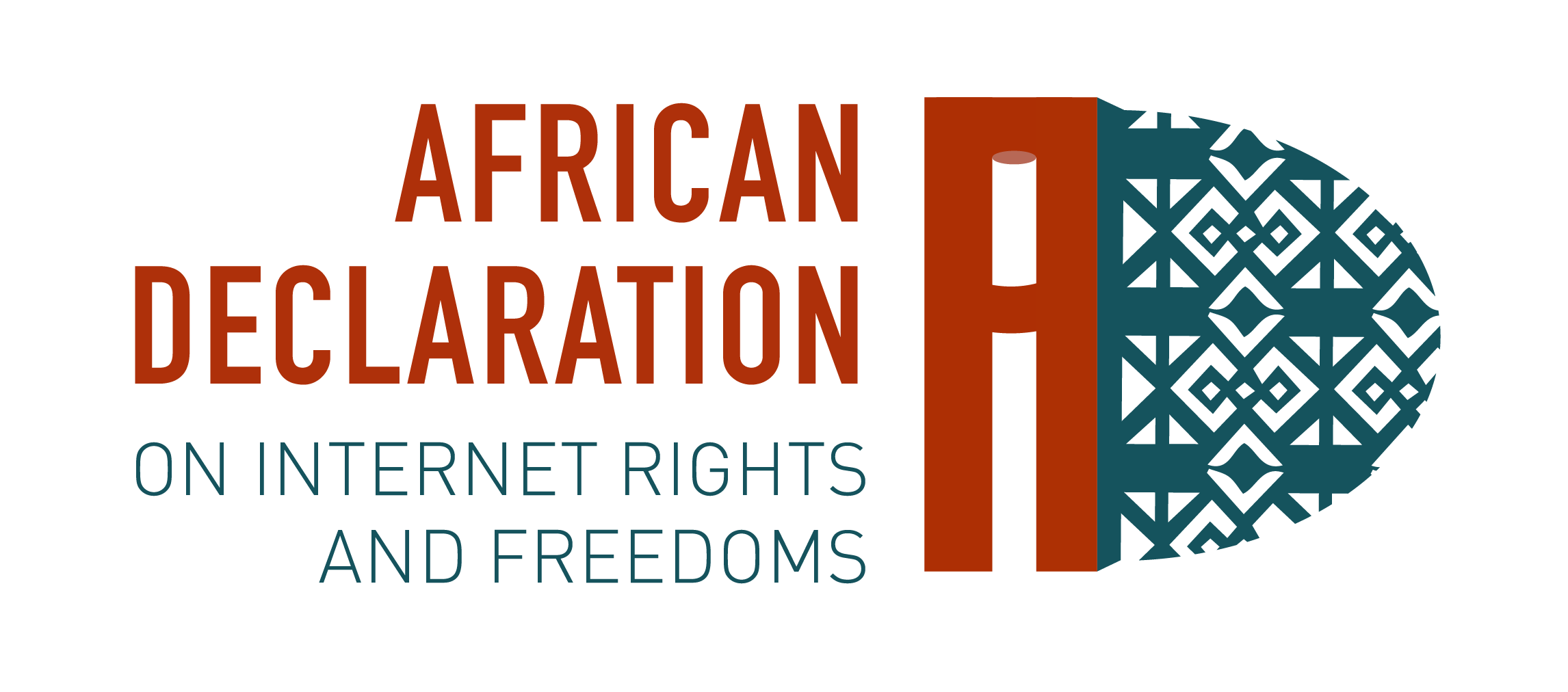"With APC, we have experienced a network whose technology and community initiatives seek equitable knowledge communities, with a special emphasis on the global South," said Servelots, which first joined the APC community as a partner organisation it its local access and community networks initiat...
Welcome to the 40th monthly round-up of developments impacting your local access networks.
The Internet Archive is a non-profit organisation that started building a digital library of internet sites and digital artifacts 25 years ago. In 2021, it is commemorating the titanic achievement of two and a half decades of providing universal access to all knowledge.
Guide
A guide to the circular economy of digital devicesThe guide to the circular economy of digital devices aims to show you how to understand, think and act collectively to clearly change direction towards a regenerative and redistributive economy respecting both human and ecological rights and limits. It is aimed at civil society organisations...
Statement
Urgent call to action: HRC 48 joint NGO letter on PegasusAPC and other civil society organisations call on UN Human Rights Council (HRC) member states to take urgent action at the ongoing 48th HRC session to denounce the unfolding and unprecedented scale of human rights violations by states facilitated by the use of the NSO Group’s Pegasus spyware.
Report
Identities experiencing the internet: Nepal survey reportThis report tracks recent trends in internet use in Nepal, incorporates findings from a survey administered to 196 individuals from the Kathmandu valley and surrounding areas, and recommends a way forward to build a more inclusive, tolerant and feminist internet.
Joint letter
Joint letter: An open, interconnected and interoperable internetJoint letter, signed by a coalition of civil society and industry stakeholders, raises concerns about the human rights risks of internet fragmentation and setting out principles for an open, interconnected and interoperable internet.
Call
Civil society calls on international actors in Afghanistan to secure digital identity and biometric data immediatelyAid agencies, humanitarian organisations and other international actors operating within Afghanistan, as well as private sector vendors who supply and service digital identity, are urgently called to safeguard digital identity and biometric databases created in Afghanistan.
Joint statement
India: Spyware use violates Supreme Court privacy rulingEleven groups, including APC, call on Indian authorities to immediately, independently and credibly investigate the government’s alleged use of advanced spyware to target activists and apparent opponents.
Policy explainer
APC policy explainer: DisinformationAPC considers disinformation to be a complex and multifaceted problem that cannot be properly addressed by a fragmented approach. It is also a multistakeholder challenge that requires dialogue between different sectors. In this document, APC explains why, where and how we work on this issue.
Submission
APC and Derechos Digitales submission to the ITU Council Working Group on International Internet-related Public Policy Issues (CWG-Internet)APC and Derechos Digitales welcome the opportunity to contribute to the open consultation on “The role of the Internet and international Internet-related public policy in mitigating the impact of COVID-19 and possible future pandemics” organised by the ITU's CWG-Internet.
Florencia Goldsman reviews the study "Engendering Hate: The contours of state-aligned gendered disinformation online", adding pieces to the puzzle of targeted digital violence that undermines women's and LGBTIQ+ people's online presence.
In the second and last part of this in-depth article, the author unpacks the persistence of rape myths in judicial reasoning, even veiled under the promises of neutrality and accuracy of digital evidence.
I’ve spent some time reflecting on the way we’ve thought about the internet and digitalisation over three decades, and how we may need to think differently in future. What assumptions have we made; and what assumptions should we make, about its relationship with politics and geopolitics?



























